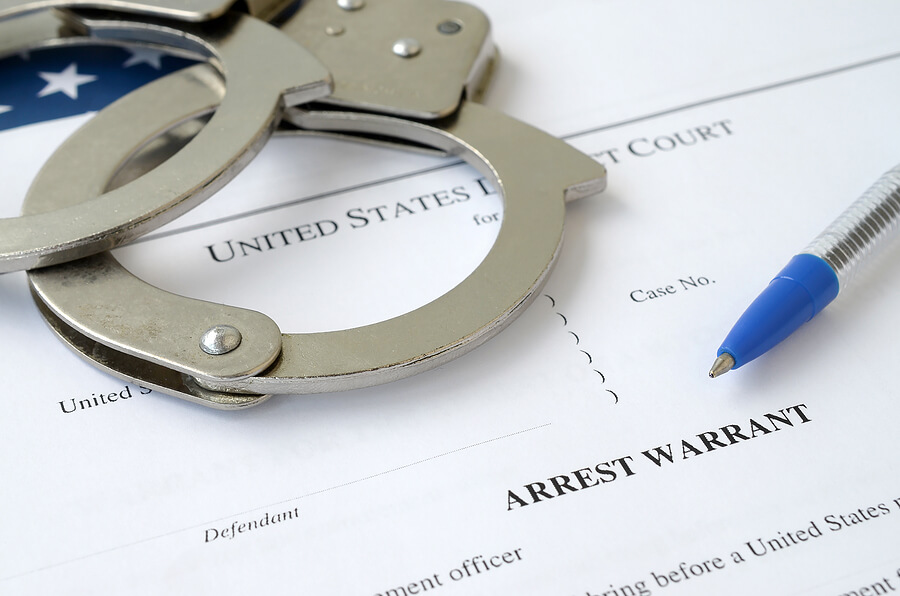Disorderly conduct charges are serious and can cause you to have a criminal record. This can have severe ramifications on your life, whether it comes to a background check for employment or getting approved to rent an apartment. Since you can be charged with disorderly conduct for unintentional or relatively minor actions, it is imperative that you do everything within your power to defend yourself against disorderly conduct charges. Here are some things to know about defense against disorderly conduct in North Carolina.
Examples of Disorderly Conduct in North Carolina
 According to North Carolina § 14-288.4, some types of recognized disorderly conduct charges include:
According to North Carolina § 14-288.4, some types of recognized disorderly conduct charges include:
● Fighting
● The threat of fighting or violence
● Abusive language or gestures
● Seizing control of a school without the authority to do so
● Refusing to leave a building when asked
● Disrupting the education process or peace
● Disrupting a funeral service
Penalties for Disorderly Conduct
The penalties for a disorderly conduct conviction can be severe and impact your ability to live your life the way that you want to in the future. Some of the penalties you may face are:
Fines
If convicted of disorderly conduct charges, you could have to pay a fine. The amount of the fine depends on the severity of the conduct and the judge’s sentencing.
Jail Time
It is possible to face some jail time for disorderly conduct. This will depend on the nature of the charges. While not all disorderly conduct charges have jail sentences, it is a possibility.
Criminal Record
The worst penalty for a disorderly conduct conviction is having a criminal record, especially if your actions that led to the disorderly conduct charge were minor. A criminal record follows you for the rest of your life and can make it difficult to find a job, move to a new apartment, or emigrate to another country. Since you can get a disorderly conduct charge for defending yourself or for being too loud in the wrong place, having this weight of a criminal record on your shoulders for the rest of your life is a tremendous problem to have.
Possible Legal Defense for Disorderly Conduct Charges
It is important that you build the strongest legal defense possible against any charges of disorderly conduct. Your criminal defense lawyer will work with you to decide on the right approach. In general, there are three types of legal defenses for disorderly conduct: self-defense, freedom of speech, or involuntary actions.
Self Defense
If you got into a fight with another person, it is possible to argue that you were defending yourself. If the other party started the fight, it can be a reasonable defense to say that you were trying to protect yourself and end the fight. If you have a witness that saw the other person start the fight, this can strengthen your claims to self-defense.
Freedom of Speech
For disorderly conduct charges related to offensive language or being loud, it is possible to build a Freedom of Speech defense. The United States Constitution protects the freedom of speech under the First Amendment. If you were expressing your feelings, it is within your right to do so. This is the most common legal defense for disorderly conduct charges that relate to being loud or saying things that might offend another person.
Involuntary Actions
If you have a medical condition that causes you to act in a way that you don’t have control of, you could build the defense of involuntary action. For instance, if you have been diagnosed with the neurodevelopmental disorder known as Tourette’s syndrome, you might have a vocal tic that causes you to say profanities. If you have a mental health condition that causes you to be mentally unstable or hallucinate, your lawyer could also argue that you were not responsible for your actions.
Contact a Raleigh Criminal Defense Attorney
Every legal case is unique and requires a personalized defense that takes into account the specific circumstances of what happened. If you or a loved one need legal defense against disorderly conduct, it might be time to speak with a Raleigh criminal defense attorney to discuss your defense options to know how to proceed with your case.
Dewey P. Brinkley is an experienced criminal defense attorney. He understands the criminal justice system and what it takes to build a strong legal defense. Contact the law office of Dewey P. Brinkley today for a free consultation to discuss your case at (919) 832-0307 or filling out our online contact form.

 Once a law enforcement officer indicates that he or she would like to talk to you, be polite and respectful, then clearly state two things:
Once a law enforcement officer indicates that he or she would like to talk to you, be polite and respectful, then clearly state two things: Anyone wishing to request an expungement must do so by filing a petition since it is not automatic. The new law allows for the expunction (also called “expungement”) for:
Anyone wishing to request an expungement must do so by filing a petition since it is not automatic. The new law allows for the expunction (also called “expungement”) for: Protesting comes under the First Amendment and “free speech.” This means that you have the right to express an opinion in public, anytime, anywhere, with some limitations. (Not all speech is “protected” by the First Amendment, such as inciting riots or “fighting words.”) Protests and demonstrations on private property, such as a place of business or employment, are not as protected.
Protesting comes under the First Amendment and “free speech.” This means that you have the right to express an opinion in public, anytime, anywhere, with some limitations. (Not all speech is “protected” by the First Amendment, such as inciting riots or “fighting words.”) Protests and demonstrations on private property, such as a place of business or employment, are not as protected.
 An assault in North Carolina is classified as giving another party (the “aggrieved” party) the fear of bodily harm, including the possibility of death. Acting in a potentially threatening manner or communicating threats of harm without touching another person is classified as “assault.”
An assault in North Carolina is classified as giving another party (the “aggrieved” party) the fear of bodily harm, including the possibility of death. Acting in a potentially threatening manner or communicating threats of harm without touching another person is classified as “assault.”